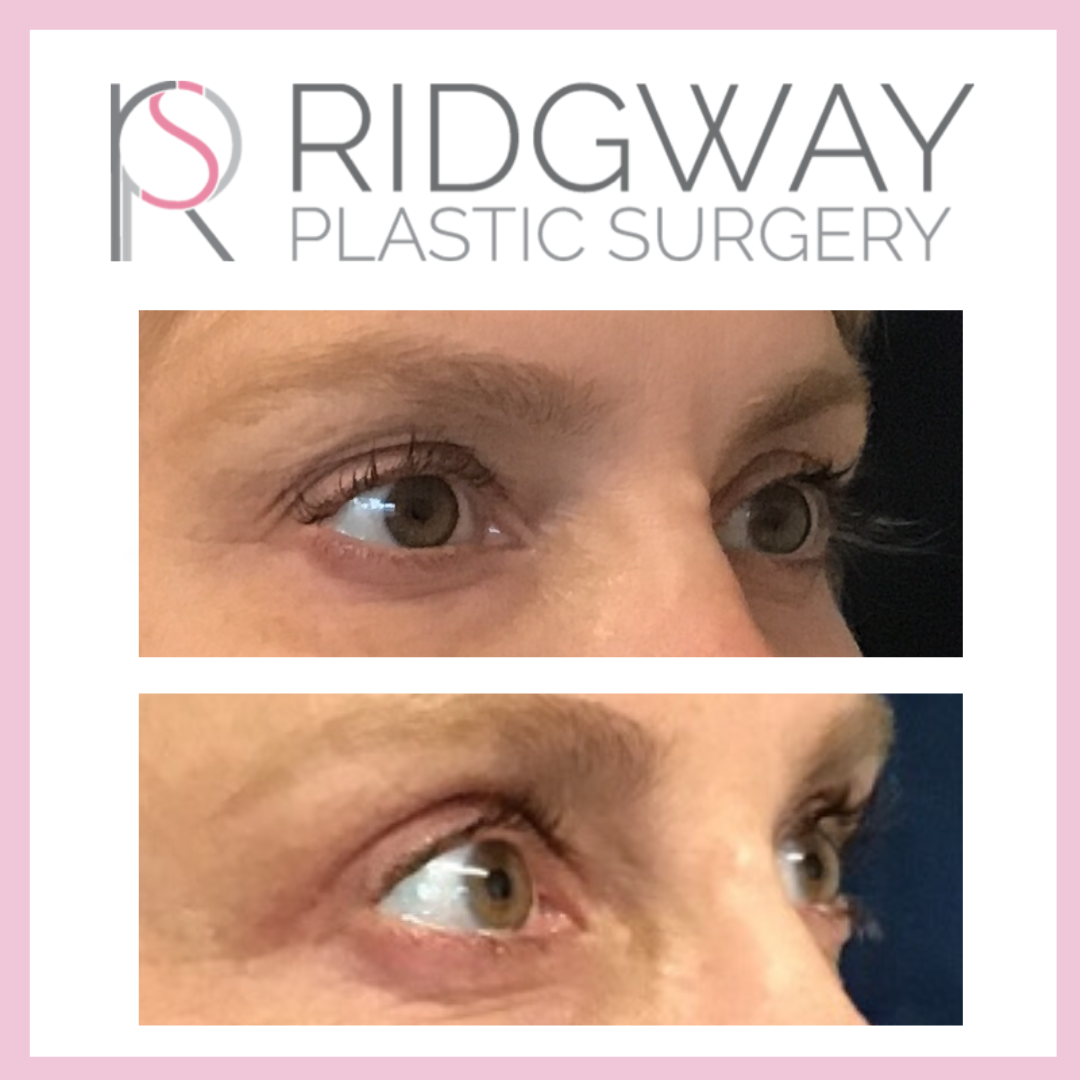What is an Eyelid Surgery (Blepharoplasty)?
Understanding the full-range of options available is a key aspect of achieving the look you want. Cosmetic surgery that adjusts the shape and figure of your eyelids may be a topic to discuss when you meet with Dr. Ridgway. Whether performed alone, or in conjunction with other cosmetic procedures, eyelid surgery can create a noticeable improvement in how you feel about your face.
Eyelid surgery, also called blepharoplasty, is a surgical procedure to improve the appearance of your eyelids. Surgery can be performed on your upper and lower lids separately or together, depending on what you and Dr. Ridgway determine will provide you with the best results. Whether you want to improve your appearance or are experiencing functional problems with your eyelids, eyelid surgery can rejuvenate the area surrounding your eyes.
Specifically, eyelid surgery can treat:
Loose or sagging skin that creates folds or disturbs the natural contour of the upper eyelid, sometimes impairing vision
Excess fatty deposits that appear as puffiness in the eyelids
Bags under the eyes
Drooping lower eyelids that reveal white below the iris
Excess skin and fine wrinkles of the lower eyelid
In general, good candidates for eyelid surgery include:
Healthy individuals who do not have a life-threatening illness or medical conditions that can impair healing
Non-smokers
Individuals with a positive outlook and specific goals in mind for eyelid surgery
Individuals without serious eye conditions
As you consider eyelid surgery, it is important to remember that your eyelids are part of your face. The appearance of a drooping upper lid may also be due to relaxation of skin in your forehead and eyebrow. For some of our patients, drooping eyelids are caused by the stretching of one of the upper eyelid muscles, the levator. Dr. Ridgway will evaluate your anatomy thoroughly to determine the causes of your eyelid appearance, and what procedures might best remedy them.
“Evaluating your facial anatomy will help us determine the best way to achieve the results you want.”






QUICK FACTS
PROCEDURE LENGTH
2-3 hours (depending on extent of procedure)ANESTHESIA
Often performed under local anesthesia; General anesthesia for extensive eyelid surgeryIN/OUT PATIENT
Often performed in the office, outpatientRECOVERY
1 week back at work1-2 weeks light exercise
2-3 weeks more strenuous activity
4-8 weeks for swelling to completely resolve

